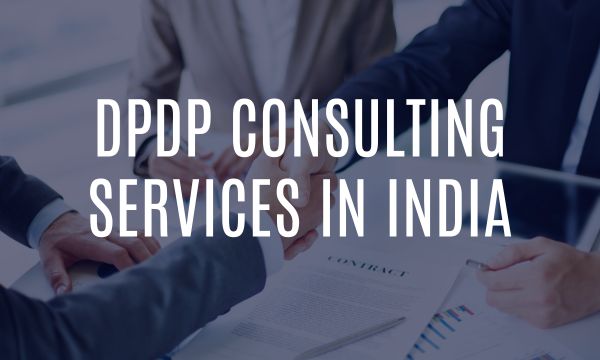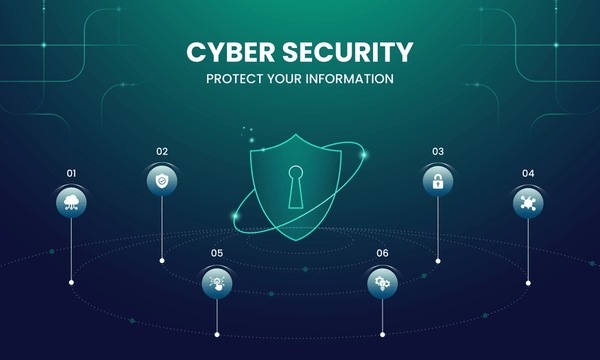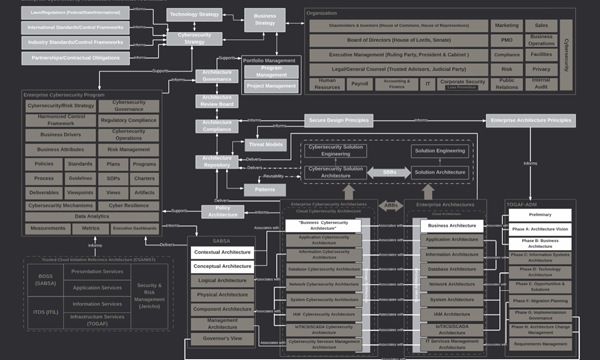
With the enactment of the Digital Personal Data Protection (DPDP) Act, 2023, India has taken a significant leap in regulating data privacy. The law mandates organizations—whether B2B or B2C—to establish robust mechanisms for data protection, consent management, and regulatory compliance. Failure to comply can result in hefty penalties, reputational damage, and loss of consumer trust.
This is where DPDP consultants step in. They provide end-to-end compliance services, ensuring your business aligns seamlessly with legal requirements while building a privacy-first culture.
Here, we’ll explore the complete suite of DPDP consulting services, the essential steps for successful implementation, and the best practices to maintain compliance.
Comprehensive DPDP Consulting Services: What to Expect?
A DPDP consultant or consulting agency provides a holistic approach to compliance, covering everything from policy formulation to breach management. Below is a detailed breakdown of the essential services offered:
1. Data Discovery, Classification & Mapping
Before compliance begins, understanding what data you collect, process, and store is crucial. Consultants help to:
-
- Identify all digital personal data across systems.
-
- Classify data based on sensitivity and processing requirements.
-
- Map data flows within and outside the organization.
2. Legal Gap Analysis & Risk Assessment
A DPDP consultant assesses how your business fares against legal requirements by:
-
- Conducting a detailed gap analysis to compare existing policies with DPDP standards.
-
- Identifying potential data privacy risks and vulnerabilities.
-
- Recommending action plans to mitigate compliance gaps.
3. Data Protection & Privacy Policy Development
Businesses need clear, DPDP-compliant privacy policies. Consultants assist in:
-
- Crafting a Privacy Policy aligned with DPDP standards.
-
- Developing Data Retention & Disposal Policies.
-
- Establishing an Incident Response Policy.
4. Consent Management Implementation
Consent is at the heart of DPDP compliance. Consultants help organizations:
-
- Implement consent management frameworks.
-
- Create clear and user-friendly consent notices.
-
- Enable mechanisms for consent withdrawal and preference updates.
5. Data Subject Rights Management (DSR Handling)
Under DPDP, individuals have rights over their data. Consultants ensure businesses:
-
- Set up efficient mechanisms for data access, rectification, and deletion.
-
- Automate user requests for transparency and efficiency.
-
- Train internal teams on managing Data Principal requests.
6. Data Protection Impact Assessment (DPIA)
For businesses handling sensitive personal data, conducting a DPIA is essential. Consultants:
-
- Identify potential risks in data processing activities.
-
- Provide actionable recommendations to minimize privacy threats.
7. Data Security Implementation & IT Compliance
Ensuring data security is as important as legal compliance. Consultants help:
-
- Implement encryption, pseudonymization, and access controls.
-
- Strengthen firewall, endpoint security, and data backup protocols.
-
- Establish continuous monitoring and breach detection.
8. Vendor & Third-Party Risk Management
If you share personal data with vendors, partners, or cloud providers, they must also comply. Consultants:
-
- Assess third-party compliance with DPDP mandates.
-
- Draft data protection agreements (DPAs) for vendor contracts.
-
- Ensure third parties follow secure data processing standards.
9. Employee Awareness & Training Programs
Employees are the first line of defense in data protection. Consultants conduct:
-
- DPDP compliance training for all employees.
-
- Incident response simulations to handle breaches effectively.
-
- Awareness sessions on handling personal data responsibly.
10. Data Breach Management & Incident Response Planning
Even with strong preventive measures, data breaches can happen. Consultants:
-
- Develop breach notification and response plans.
-
- Train teams on real-time breach handling.
-
- Assist in legal compliance for breach reporting.
11. Periodic Audits & Compliance Monitoring
Compliance is not a one-time process. Consultants help businesses:
-
- Conduct quarterly internal audits.
-
- Perform annual external audits to ensure end-to-end compliance.
-
- Establish real-time monitoring frameworks for DPDP adherence.
12. Integration with Other Compliance Frameworks
To streamline compliance, businesses can club DPDP with other global standards, such as:
-
- ISO 27001 (Information Security Management System).
-
- ISO 27701 (Privacy Information Management System).
-
- GDPR (For businesses handling EU citizen data).
-
- SOC 2 (Security & data integrity compliance).
-
- HIPAA (For healthcare-related businesses).
Best Practices for Successful DPDP Implementation
To maximize the value of DPDP consulting services, businesses should consider some basics in their approach and strategy:
- * Adopt a Privacy-First Approach – Make data protection a business priority, not just a legal requirement. It helps to ensure the security of your business data.
- * Customize Compliance Strategies – Every business is unique; tailor compliance frameworks accordingly. As your business strategies are different from other businesses so do the security requirements.
- * Conduct Regular Training – Employees should be well-versed in handling and protecting personal data. Employees are the first line of defence for any kind of business.
- * Ensure Transparency with Customers – Clearly communicate how their data is used and empower them with control over it. Gaining the trust of your customers is very important for every business.
- * Leverage Technology – Use automated compliance tools for consent management, risk assessments, and audits. It not only saves time, but reduces the scope of human error.
- * Stay Updated with Regulatory Changes – The DPDP landscape will evolve, so staying informed is key. Stay updated and get benefits of evolving technologies.
How Often Should DPDP Audits Be Conducted?
To maintain continuous compliance, businesses should schedule the audits often as suggested below:
-
* Quarterly Internal Audits – Ensures ongoing adherence to privacy policies.
-
* Annual External Audits – Provides an unbiased compliance assessment.
-
* Post-Incident Audits – Required after a data breach to improve response mechanisms.
Conclusion: Partner with the Right DPDP Consultant for Seamless Compliance
The Digital Personal Data Protection Act, 2023, is a game-changer for Indian businesses. Ensuring compliance is not just a legal necessity—it’s a trust-building strategy.
By hiring a DPDP consulting expert, businesses can:
- * Strengthen data protection measures
- * Ensure regulatory compliance with ease
- * Safeguard customer trust and business reputation
As data protection laws become stricter, investing in DPDP compliance today will prevent costly penalties and legal complications tomorrow.
Are you ready to make your business DPDP compliant? Reach out to a trusted DPDP consultant and take the first step towards a privacy-first future.
Comments
No Comments Found.
Search Here



